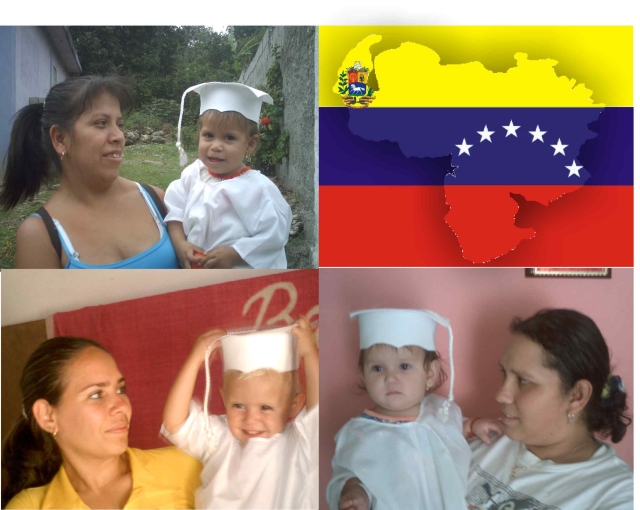Venezuela's Barrio Adentro: participatory democracy, south-south cooperation and health care for all
Abstract
Preface In the 1990s Latin American countries, with the exception of Cuba, undertook reforms in their health systems. In general, they followed a pattern similar to that adopted in other parts of the world by pursuing a neoliberal agenda that included the promotion of changes designed to achieve greater participation of the private sector in the funding and delivery of health services. Despite the different modes of reform, all strengthened the view of health as a consumer commodity and favored abandonment of the concept of health care as a right guaranteed by the state. Most of the changes implemented corresponded to the policies of structural adjustment, in accordance with the neoliberal paradigm recommended by international financial institutions with the aim of guaranteeing payments of the external debt (1-4). After several years of application, the negative impact of neoliberal health policies has been demonstrated by its inability to improve coverage or access to health services. These consequences coincide with the general failure of neoliberalism to improve quality of life; thus, Latin America remains the region of the world with the greatest inequalities between social classes. These persistent inequalities have motivated a variety of political responses in Latin America, including proposals advocated by liberal left-wing sectors in various countries of the region that are contrary to neoliberalism and include the promotion of policies to reverse privatization of health care while asserting it as a right guaranteed by the state. The amendments to the Venezuelan health system are one of the earliest examples of this type of reform. From 1999 onward, after a decade of implementing neoliberal policies, a marked adjustment in the health system was initiated to establish health as a fundamental right guaranteed by the state in a context of broad participation of organized communities and international (“South-South”) cooperation. This article describes the primary health care reforms in Venezuela, formalized as “Misión Barrio Adentro” (Inside the Neighborhood) from 2003 onwards. We begin with an analysis of the neoliberal model that existed in Venezuela at the time changes in health policy were initiated. This is followed by an explication of Barrio Adentro in its historical, political and social context, pointing to the central role played by popular resistance to neoliberalism. We continue with a description of its operation, consolidation, analysis of the first indicators of the program’s impact on health, and the discussion of the main challenges to a guarantee of sustainability. We conclude by suggesting that Barrio Adentro not only provides a model for health care reform in other countries of the region, but that it also offers important lessons for countries throughout the world, including those with the most powerful economies.Downloads
Published
2008-10-15
Issue
Section
Venezuelan Health Reforms


